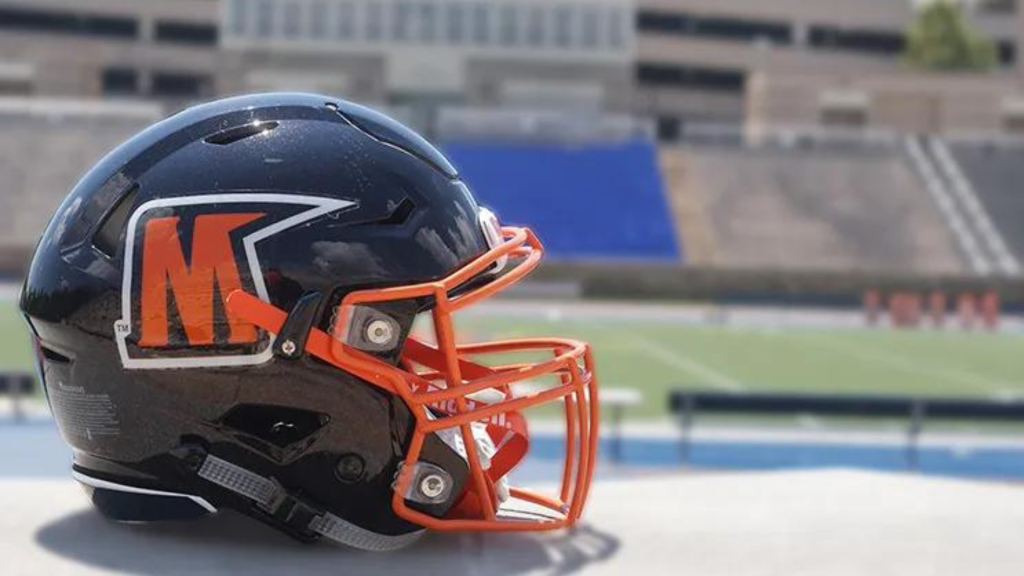Morgan State University’s Board of Regents has approved the University’s decision to opt into the House v. NCAA settlement, a landmark resolution addressing past restrictions on student-athlete compensation. By opting in, Morgan joins other institutions committed to a more sustainable and equitable model for collegiate athletics while securing protections from future litigation related to name, image, and likeness (NIL) restrictions. Morgan State is a is a Carnegie-classified high research (R2) HBCU located in Baltimore, Maryland.
The House v. NCAA settlement, valued at over $2.7 billion, is designed to compensate former and current college athletes who were denied NIL opportunities before the NCAA changed its policies in 2021. The settlement also establishes a revenue-sharing framework, allowing institutions to allocate resources directly to student-athletes while maintaining competitive and compliant athletic programs.
“Morgan’s decision to opt into the House v. NCAA settlement reflects our unwavering commitment to student-athlete success and our proactive approach to navigating the evolving landscape of collegiate athletics,” said David K. Wilson, president of Morgan State University. “With the full support of our Board of Regents, we believe this decision is in the best interest of our institution, ensuring compliance, stability, and new opportunities for our student-athletes moving forward.”
As part of the settlement, the HBCU will contribute an estimated $231,227 to the payout fund and adhere to the new roster and scholarship limits. While adjustments will be made to team sizes—including reducing the football roster from 130 to 105 players—the University will have the flexibility to expand opportunities in Olympic sports under Title IX compliance. Additionally, Morgan will have institutional control over NIL revenue-sharing and access to alternative funding sources, such as foundation and university-driven revenue initiatives, to enhance student-athlete support. Other team sports to experience roster limits include men’s and women’s basketball and tennis teams.
“Opting in ensures that we remain competitive while continuing to prioritize the well-being and success of our student-athletes,” said Dena Freeman-Patton, vice president and director for Intercollegiate Athletics at Morgan. “This decision allows us to leverage institutional resources strategically, invest in our programs, and create pathways for financial support beyond traditional NIL opportunities. Ultimately, this strengthens our ability to recruit, retain, and support the next generation of Morgan Bear athletes.”
Under the settlement’s provisions, Power Five conference schools were automatically included, while other Division I institutions had until March 1 to opt in individually or through their athletic conferences. The Baltimore HBCU is a member of the Mid-Eastern Athletic Conference (MEAC) and made the independent decision to opt in, recognizing the opportunity to maintain compliance, strengthen athletic programs, and invest in the overall student-athlete experience.
As collegiate athletics continue to evolve, Morgan remains committed to fostering a transformative student-athlete experience, prioritizing compliance, and ensuring long-term program viability.

